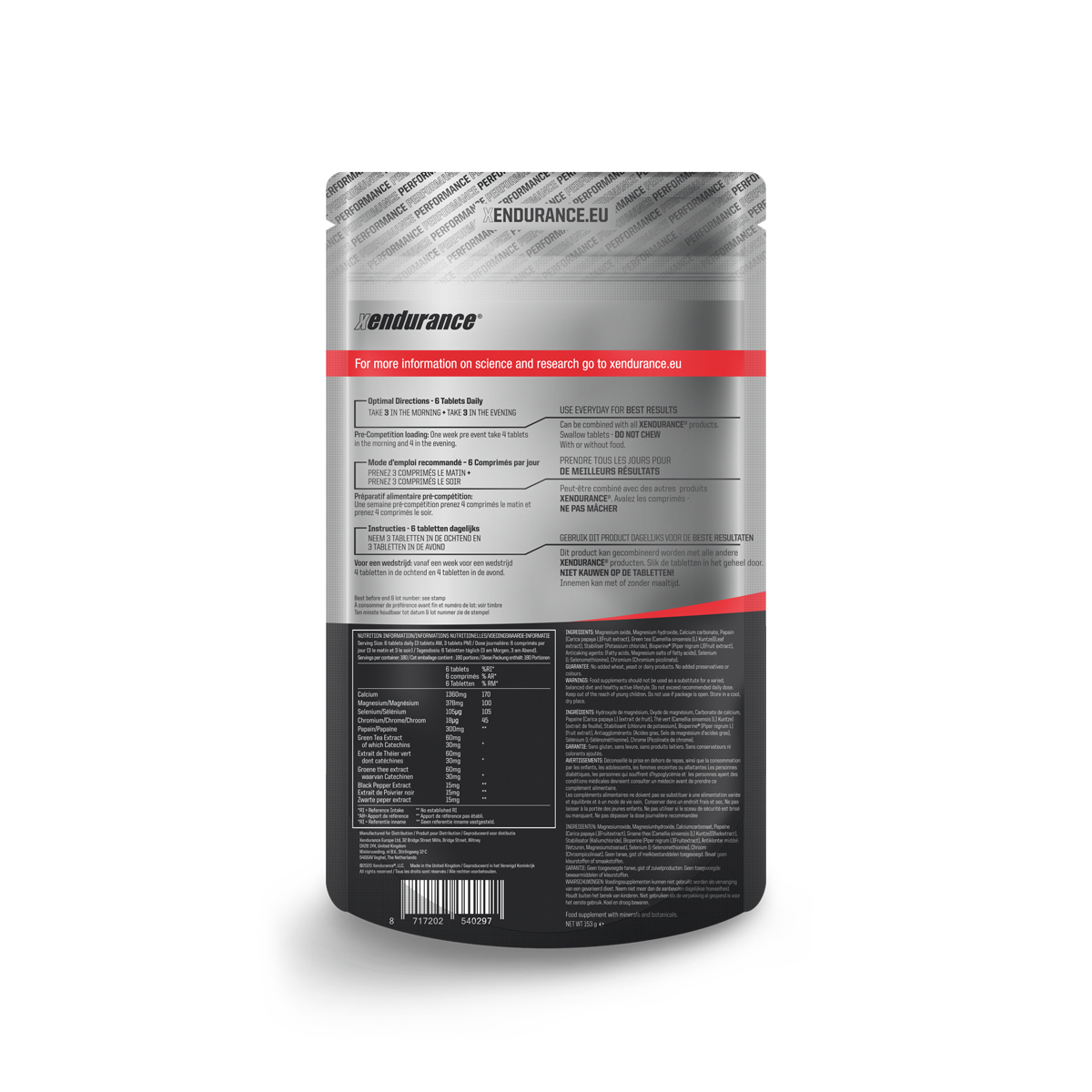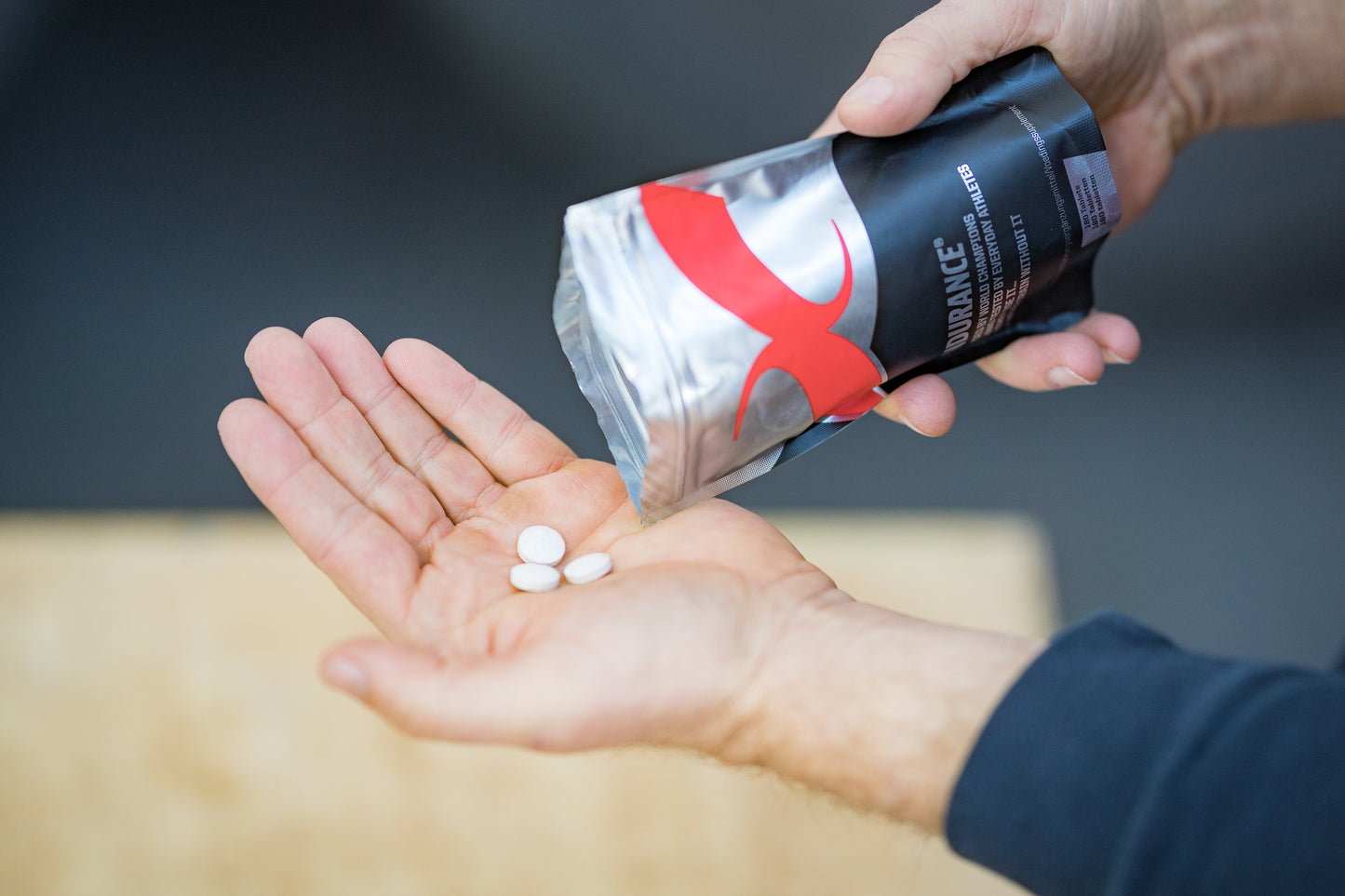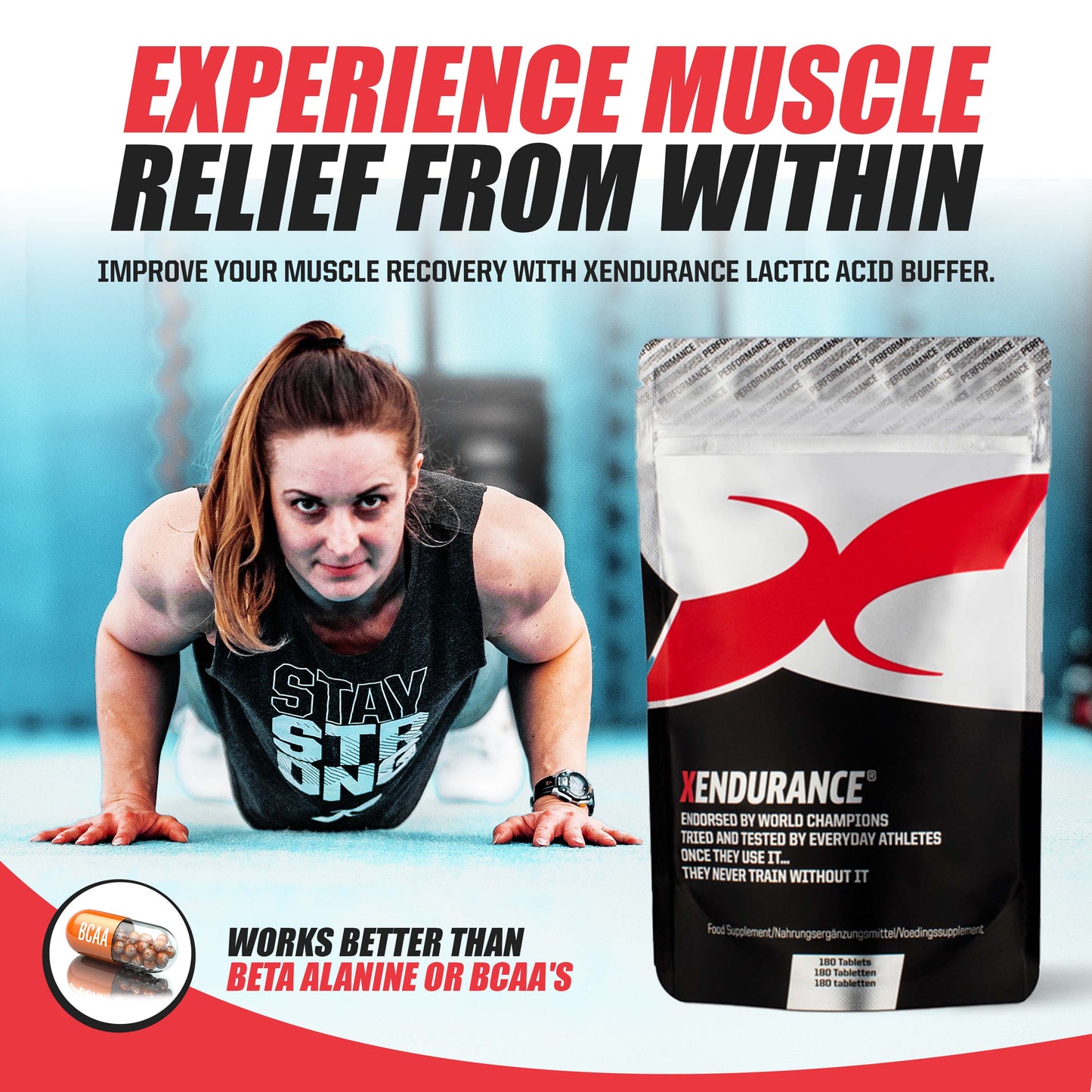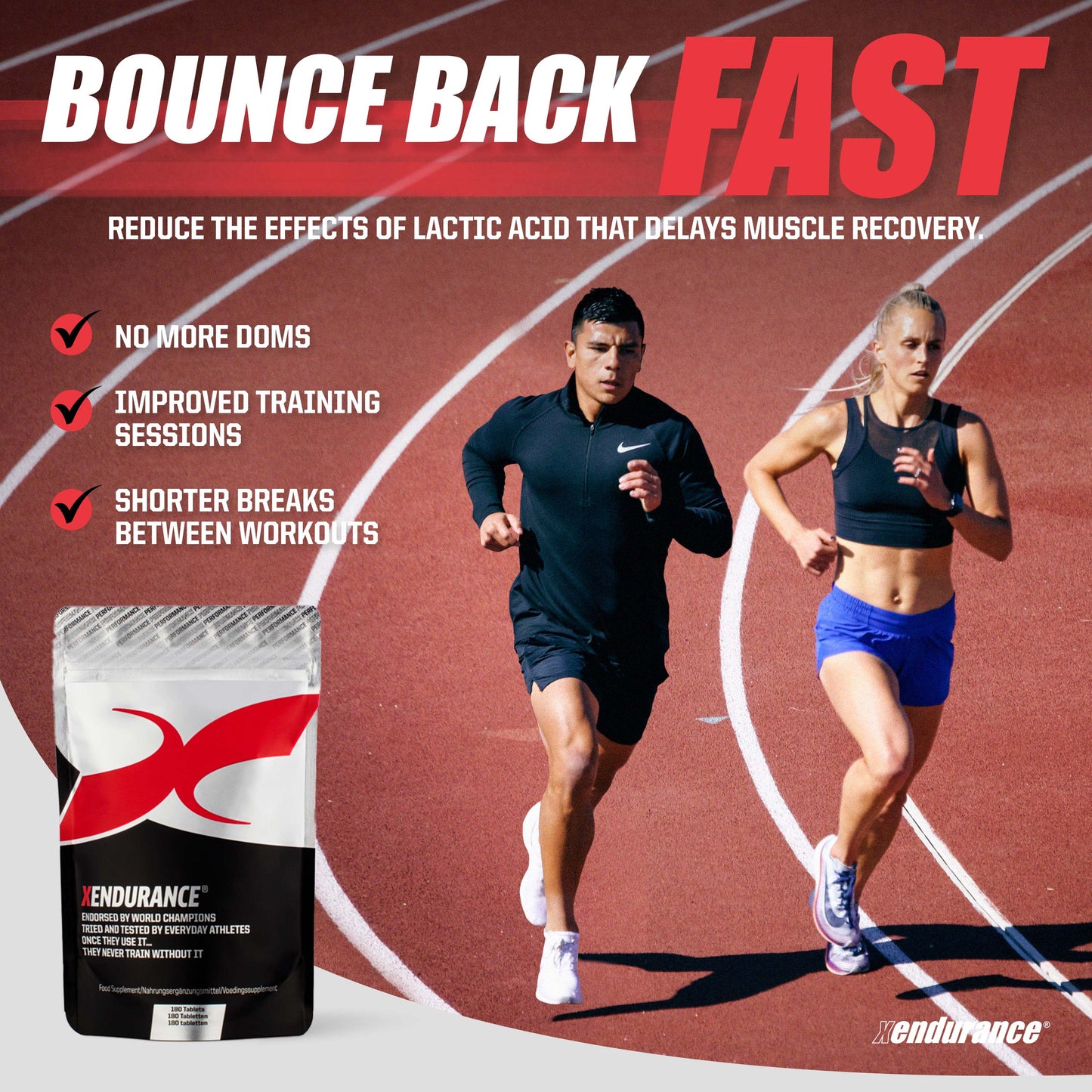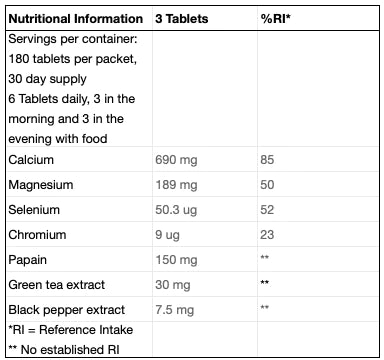Share
With health at the top of everyone’s minds, building immunity has been a popular topic of conversation in recent months. Beyond the usual methods – such as washing your hands and avoiding excess sugar – there are many ways you can support your body’s ability to ward off viruses and toxins.
Below are some of our favorite methods for supporting your immune system in natural, healthy ways.
- Eat a lot of plant-based and antioxidant-rich foods. You don’t have to be vegan or vegetarian to follow a plant-based diet, which happens to be one of the simplest ways to support your immune system. Vegetables such as peppers, broccoli, garlic, ginger and spinach all reduce inflammation and supply your body with the nutrients it needs to help prevent illness Though eating fruits, vegetables and whole grains is a good place to start, Xendurance also makes a Collagen+Greens superfood blend with kale, goji berries and other antioxidant-rich foods that are proven to boost immune health.
- Make sure you’re getting enough protein. One of the lesser-known ways to build your body’s immunity is by ensuring you’re getting enough protein. Protein is your body’s tool to repair muscle tissue, help produce antibodies and fight viral infections. If you’re experiencing muscle weakness, fatigue or inexplicable mood changes, these are all signs that you may not be getting enough protein. Though recommendations vary, the average person should be consuming between 45 and 70 grams of protein per day, while protein intake among athletes often exceeds 150 grams per day. Though fish, chicken, eggs and yogurt are all common sources of lean protein, you can always supplement your diet with Xendurance Protein or the plant-based Xendurance Lean.
- Consider taking probiotics. Though part of building immunity is getting rid of bad bacteria, you also want to make sure you have enough of the good kind. Probiotics are most well-known for stimulating digestive health, but also play an extremely important role in kickstarting your body’s immune response. By populating your gut with beneficial bacteria, you’re making it harder for the harmful bacteria to thrive. This “helpful” bacteria can be found in foods such as yogurt, kombucha and kimchi, and you can find this in supplement form with the Xendurance Probiotic+Prebiotic.
- Exercise regularly. Though it may be a no-brainer for some, exercising consistently (even for a short period of time) is one of the most effective ways to strengthen your immune system. Moderate exercise can help circulate white blood cells, reduce stress hormones and flush bad bacteria out of your system, all which help combat viruses and other pathogens. While running, biking and strength training are all popular ways to incorporate daily exercise into your routine, low-impact workouts such as yoga, swimming and even walking are plenty for your body to stay healthy.
- Hydrate, hydrate, hydrate. Our immune systems are quick to break down when we’re dehydrated. Though drinking water is one of the easiest ways to stay hydrated, it’s important to make sure you’re getting enough electrolytes – particularly if you’re relatively active. Hydration supplements such as Xendurance Hydro a great option, not only for basic hydration, but also for recovering after a workout.
- Consider other nutrient-rich supplements. While supplements won’t prevent or cure viruses all by themselves, they can help you get some of the nutrients you need to build your body’s immune response. It’s often difficult to get your daily dose of nutrients recommended by nutritionists and dietitians through food alone. For example, it would take approximately seven glasses of fortified orange juice to get the recommended daily dose of Vitamin D. Vitamin C, Vitamin D, Zinc, Acai Berry and Spirulina are all commonly found in Xendurance’s supplements and can help build immunity. Consider the Immune Boost to get a comprehensive mix of these vital nutrients. The Omega+D3 formula is also great for those who are trying to stay active.
- Get some sleep (and take time to de-stress). Right now more than ever, it’s extremely important to pay attention to our bodies and recognize when we need some rest. If you’re feeling more sluggish than usual, that’s likely your body’s response to the stress we’re all currently feeling. Make sure you’re getting enough sleep and consider looking into alternative methods for reducing stress, whether it be through light exercise, journaling or meditation.




